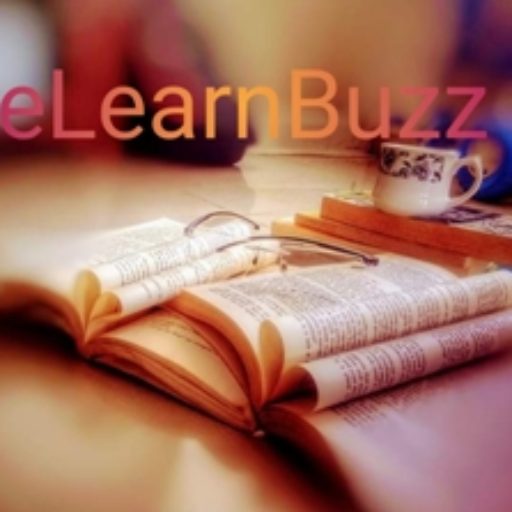Nursery Syllabus
Most of the parents want to prepare their little one for their pre-school. Many times parents look for contents/ syllabus for Nursery. In this post Nursery Syllabus is given below: Read: Best Tongue Twisters in Hindi बारहखड़ी ककहरा Barahkhadi kakahara in Hindi & English हिन्दी वर्णमाला Hindi Varnmala Contents/ Syllabus for Nursery Syllabus for Nursery…
